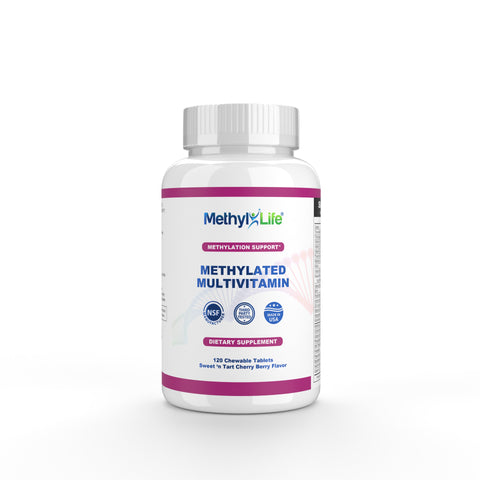MTHFR Gene Mutations and Multiple Sclerosis: Is There a Connection?
Multiple sclerosis (MS) is a complex autoimmune disease of the central nervous system (CNS) that leads to CNS inflammation and demyelination of nerve axons. MS affects about 2.8 million people1 worldwide and around 1 million people2 in the US.
Genetic factors3 have long been suspected in MS, and recent studies have provided evidence of a link to MTHFR polymorphisms.
A major factor in the development of MS is elevated homocysteine, which causes dysregulation of the blood-brain barrier4 and endothelial dysfunction. Homocysteine also contributes to the damage of neurons5 through excitotoxicity (excessive stimulation) and apoptosis of neurons. The result is neurodegenerative brain damage, which plays a leading role in the progression of MS.
This article will explain the pathophysiology of MS and how it may be linked to MTHFR genetic mutations. We will also discuss how an MTHFR polymorphism can increase the risks of developing MS and potential options for treatment and prevention.















